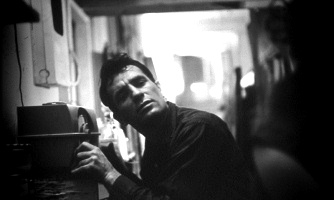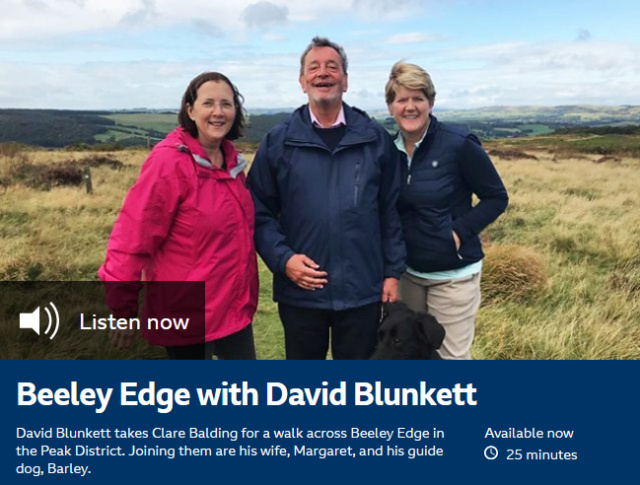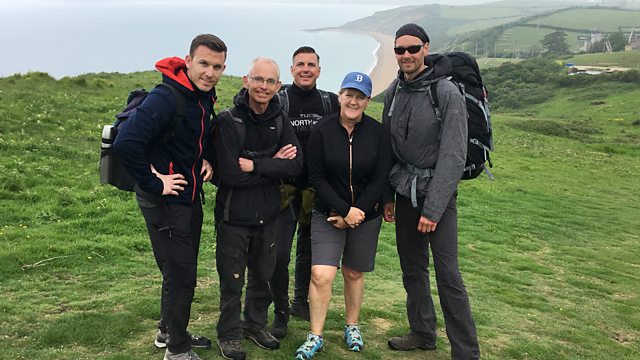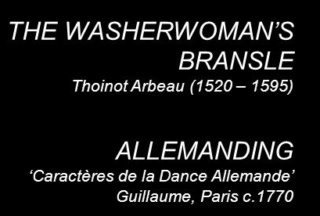Oh my God ! Quelle passion, quelle énergie, quelle envie de transmettre ! Rien que pour ça, on peut écouter deux fois de suite le premier numéro de A Brief History of Mathematics consacré à Newton et Leibniz * par Marcus du Sautoy. Le second aussi qui retrace le parcours du mathématicien suisse Leonard Euler (1707-1783), bio ici en français.
Quand le soir (hier chez Richeux) vous tombez sur « La station-service porte en elle les germes de la fin du monde, mais, avec ce roman, je voulais annoncer qu’une autre fin du monde était possible.» ou plus tard, chez Frydman (l'exemple de la personnalité sans compétence radiophonique mais présente pour sa carrure médiatique), il est question de cinéma qui articule "aussi organiquement le collectif et l’intime", il fait bon entendre des personnalités développer des domaines de la connaissance, que ce soit en économie ou en sciences, hors de tout ressassement de la peur et de la souffrance.
* Marcus du Sautoy argues that mathematics is the driving force behind modern science: Newton, Leibniz and calculus.
This ten-part history of mathematics reveals the personalities behind the calculations: the passions and rivalries of mathematicians struggling to get their ideas heard. Marcus du Sautoy shows how these masters of abstraction find a role in the real world and proves that mathematics is the driving force behind modern science.
Today, the story of two late 17th century mathematicians who worked on the same problem at the same time - the calculus - in which the great hero of British science, Newton, reveals himself to be a little less gentlemanly than his German rival, Leibniz. The calculus is one of the greatest achievements of mankind: an astronaut and an investment analyst pay homage to its enormous power.
Quand le soir (hier chez Richeux) vous tombez sur « La station-service porte en elle les germes de la fin du monde, mais, avec ce roman, je voulais annoncer qu’une autre fin du monde était possible.» ou plus tard, chez Frydman (l'exemple de la personnalité sans compétence radiophonique mais présente pour sa carrure médiatique), il est question de cinéma qui articule "aussi organiquement le collectif et l’intime", il fait bon entendre des personnalités développer des domaines de la connaissance, que ce soit en économie ou en sciences, hors de tout ressassement de la peur et de la souffrance.
* Marcus du Sautoy argues that mathematics is the driving force behind modern science: Newton, Leibniz and calculus.
This ten-part history of mathematics reveals the personalities behind the calculations: the passions and rivalries of mathematicians struggling to get their ideas heard. Marcus du Sautoy shows how these masters of abstraction find a role in the real world and proves that mathematics is the driving force behind modern science.
Today, the story of two late 17th century mathematicians who worked on the same problem at the same time - the calculus - in which the great hero of British science, Newton, reveals himself to be a little less gentlemanly than his German rival, Leibniz. The calculus is one of the greatest achievements of mankind: an astronaut and an investment analyst pay homage to its enormous power.













